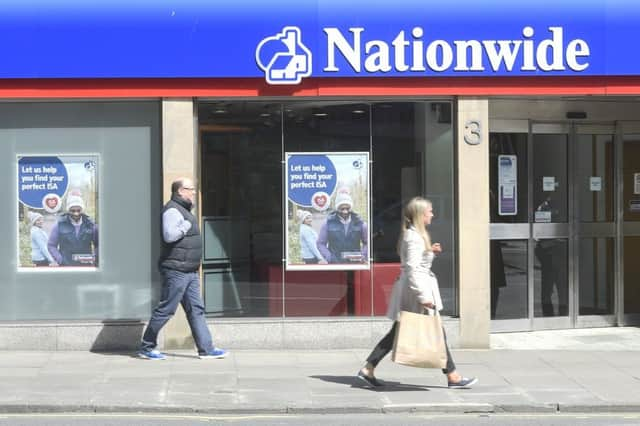Martin Flanagan: Nationwide shows example in protecting savers


It is true the millenial generation may not feel too much sympathy for the woes of the silver pound. After all, the older generation is sitting on a lot of the jobs and swathes of the owned bricks-and-mortar, and many of the young think it would be nice to have any savings at all whatever interest one is earning on them.
In the end what gives you comfort is the savings you may have been lucky or provident enough to have amassed rather than the more negligible ‘yield’ you are getting from the principal. By contrast, the rent – remain-at-home-until-your-thirties – generation can point to their groaning indebtedness and reduced prospects of ever owning a place of their own.
Advertisement
Hide AdAdvertisement
Hide AdEven so, inter-generational tensions are not in anyone’s interest in the longer-term, and so Nationwide building society deserves two cheers for saying they will maintain rates on savings accounts for regular customers following the Bank of England’s recent further cut in interest rates from 0.5 per cent to 0.25 per cent.
This will also help younger people saving for that first elusive property, particularly south of the Border where they are also carrying the burden of university debt.
Nationwide has said the Flexclusive Regular Saver at 5 per cent, the FlexONe Regular Saving at 3.5 per cent and the Help to Buy Isa First Direct and M&S Bank stand accused of exploiting savers by announcing huge cuts to their interest rates.
Compare this with the unattractive opportunism of the likes of First Direct and M&S, both of which are owned by HSBC and are cutting deposit rates by margins of up to 0.4 percentage points following the move by the Bank of England.
Perhaps all that historical stuff about building societies having a different more holistic ethos for its members – who are also its customers – is not just hot air after all.